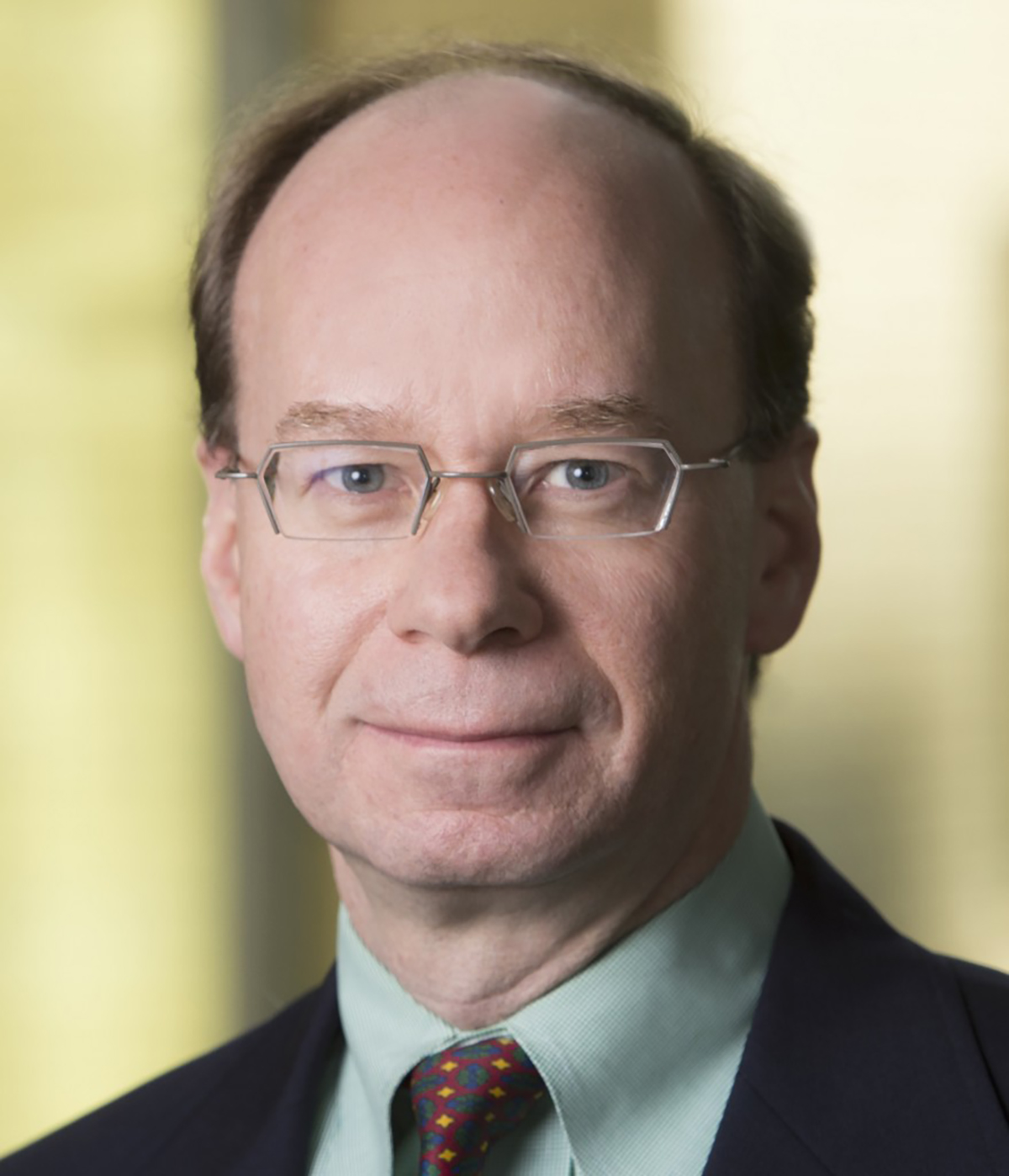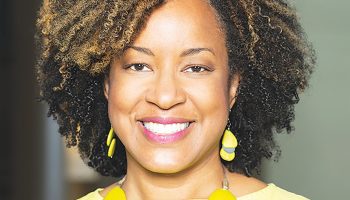The state of religion in America is changing.
At 3:30 p.m. Monday in the Hall of Philosophy, Alan Cooperman, director of religion research at the Pew Research Center, will discuss these changes in his special lecture titled “Crisis of Faith? The Rise of the ‘Nones’ and the Decline of Institutional Religion in America.”
Cooperman will answer three questions throughout his lecture: How is religion changing in America? Why is it changing? And why does it matter?
“In particular, when I talk about why it matters, the question I’m trying to answer is ‘Why it should matter to someone who isn’t religious?’ ” Cooperman said. “ ‘Why might … such a person be concerned about the decline of religion in America?’ ”
According to Cooperman, the percentage of people who say they believe in God is declining; the percentage of people who attend religious services on a regular basis is decreasing; and there is a decline in the rates of daily prayer in the United States.

This decline in the “religiousness” of the population is, according to Cooperman, entirely attributable to the growth of “nones,” or people who do not identify with any religion. However, he said when looking at religious change in America, it is important to look not just at the ways in which religion is declining, but also the ways in which religiosity is stable.
“I think it’s not correct to emphasize only the decline and not also point out some of the elements of stability,” Cooperman said.
Among those who do identify with a religion, Cooperman said there is no discernable decline in religiosity.
“And that’s still the bulk of the U.S. population,” he said.
Although the predominant trend in the United States is a declining sense of religiosity, this is vastly different from global religious trends.
“Globally … the share of the population that identify with a religion is growing and the share that does not identify with religion is declining,” Cooperman said.
This is because areas of the world where the population is growing fastest are also places where virtually everybody identifies with a religion, he said. These places include sub-Saharan Africa, South Asia, the Middle East and North Africa, as well as parts of Latin America. In contrast, places where religiosity is declining are also places where the population is declining, or at least growing at a slower rate. These places include North America, Western Europe and Australasia. This is due to differences in birth rates and the ages of the population in these respective parts of the world.
“The fastest-growing regions in the world … are places where birth rates are very high, the population is very young and almost everybody identifies with religion,” Cooperman said.
Although he intends to primarily focus on trends in the United States in his lecture, Cooperman said that this disparity has the potential to threaten global relations.
“The question that it raises, at least in my mind, is whether there will be an inability to understand each other,” Cooperman said. “If the ‘West’ is increasingly nonreligious, will we be able to understand that growing ‘rest’? And vice versa, will they not understand us?”
According to research, Cooperman said, those who do not identify with religion tend to be young, politically liberal and tend to vote Democratic. However, these “nones” make up a higher percentage of the American population than they do of the voters.
“They punch politically below their weight as a share of the population,” Cooperman said.
As polarization becomes a growing concern in America, the Pew Research Center is working to understand the dimensions of this trend and what is driving it. Although Cooperman said he does not believe it is clear how religion plays into this exactly, he believes there could be common causes underlying both trends.
“One could make an argument that some of the trends in American religion might be driven by some of the same large social changes that are also affecting politics in the United States,” Cooperman said. “They might both be driven by broader social changes.”
Cooperman plans to approach his lecture from a neutral point of view as the Pew Research Center is a nonpartisan organization.
“I’m not going to take a position of what’s good and what’s bad,” Cooperman said. “(But I will) carefully say why some people might be concerned about these trends.”
Cooperman has been working for the Pew Research Center since he started as the associate director of research for Pew Forum on Religion & Public Life in 2009. Before moving to Pew, he had an extensive career as a journalist working for The Washington Post and as a foreign correspondent for the Associated Press and the U.S. News & World Report. He is also a published author and has appeared on numerous media outlets.
“I was the national security editor (for the Post) through 9/11,” Cooperman said. “Several months after 9/11 I was really tired — it had been a long haul, so I asked to go back to reporting.”
Cooperman then became the national religion writer and covered religion and politics in the United States. This shift, he said, was what prepared him for his later transition to his role at Pew Research Center. In his time as a foreign correspondent, Cooperman developed some experience writing about religion when he worked in the Middle East. He also worked in Moscow when the Soviet Union collapsed and there was a trend of religious revival.
“I had written about religion in the Eastern Bloc, and I’d written about religion in Egypt and in Lebanon and in Israel,” Cooperman said. “(But) it was really when I was at the Post where I made this transition to being greatly interested in religion and its relationship to politics in the United States.”
Cooperman last visited Chautauqua Institution in 2014, when he gave a lecture at the Everett Jewish Life Center at Chautauqua titled “What does it mean to ‘Be Jewish’ in America today?” He also hosted a Brown Bag discussion on “The Polarization of American Religion.”
Maureen Rovegno, associate director of religion at Chautauqua, attended Cooperman’s previous lecture and said she knew he was a great fit for the Institution’s “Crisis of Faith” week.
“We knew his voice was something we needed this week,” Rovegno said.




